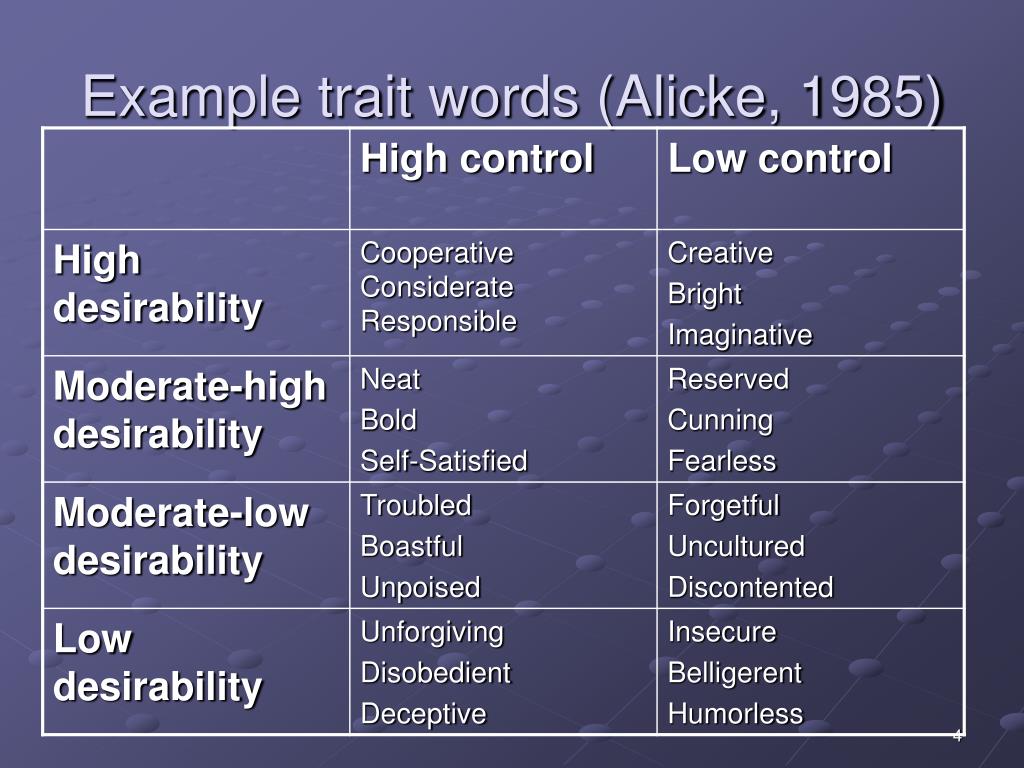

Researchers distinguish between two types of unrealistic optimism that differ in the standard against which personal predictions are compared ( Shepperd et al., 2013). The concept is distinct both empirically ( Davidson & Prkachin, 1997) and conceptually from dispositional optimism, a personality trait representing generally positive expectations about the future. Unrealistic optimism also occurs when people unduly predict that their personal outcomes will be more favorable than the outcomes of peers ( Shepperd et al., 2013). People are considered unrealistically optimistic if they predict that a personal future outcome will be more favorable than that suggested by a relevant, objective standard. In this brief primer we address four questions: What is unrealistic optimism? When do people display unrealistic optimism? Why do people display unrealistic optimism? What are the consequences of unrealistic optimism? This primer is designed to provide a snapshot of the field 35 years after publication of the paper that coined the term unrealistic optimism ( Weinstein, 1980).
_X3eCorN.jpg)
The same optimistic propensity appears for desirable events such as graduating from college, getting married, and having favorable medical outcomes (e.g., Weinstein, 1980). Researchers have documented this unrealistic optimism in over a thousand studies and for a diverse array of undesirable events including diseases, natural disasters, and a host of other events ranging from unwanted pregnancies and home radon contamination to the end of romantic relationships ( Shepperd, Klein, Waters, & Weinstein, 2013). People tend to display a remarkable propensity toward excessive optimism, predicting futures that are often quite unrealistically positive.


 0 kommentar(er)
0 kommentar(er)
